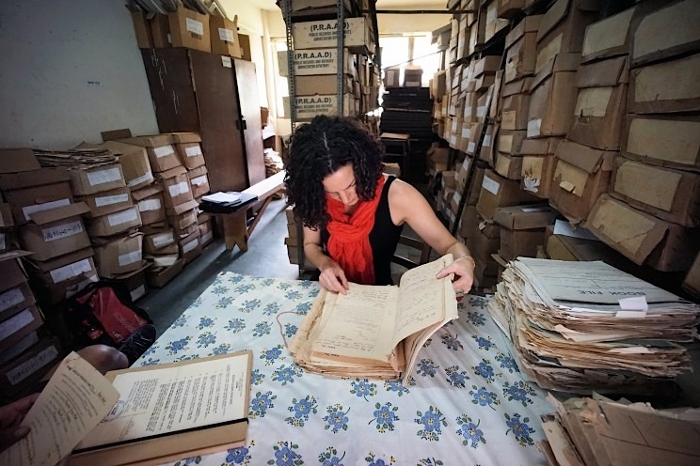Evolution of interracial marriagePosted in Articles, History, Law, Media Archive, United States, Videos, Virginia on 2016-11-30 23:58Z by Steven |
Evolution of interracial marriage
WSLS-TV 10
Roanoke, Virginia
2016-11-22
Brie Jackson, Anchor/Reporter
ROANOKE (WSLS 10) – The story of one Virginia couple whose love for one another changed history is being shown on the big screen nationwide including the Grandin Theatre.
“Loving” tells the story of Mildred and Richard Loving. He was white, she was black and Native American. Decades ago, their marriage was against the law in Virginia and several other states. Their love story broke barriers for interracial couples.
In 1958, the couple married in Washington, D.C. where it was legal, but returned home to Virginia and were arrested. A judge sentenced the couple to prison unless they left the commonwealth for 25 years. They did, but returned to the state five years later and were jailed again. Eventually their case went all the way to the U.S. Supreme Court where the court ruled the ban on interracial marriage unconstitutional.
That 1967 decision paved the way for others to marry who they love regardless of race.
“The bottom-line, if you love someone it does not matter the color of your skin,” said Pamela Casey.
Pamela and Corwin Casey’s love story begins in 1980 when Corwin was an activities director at a children’s home in North Carolina. Pamela said they met on her first day. She arrived as a volunteer from her church in Ohio…
Read the entire article here.

